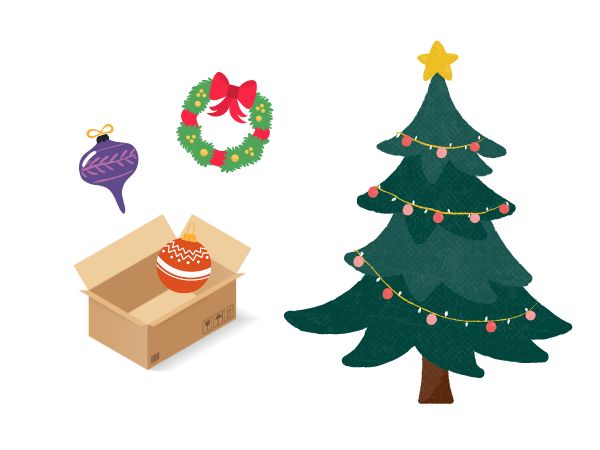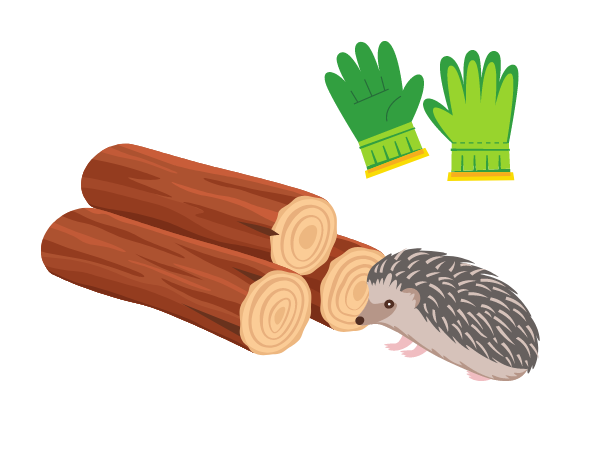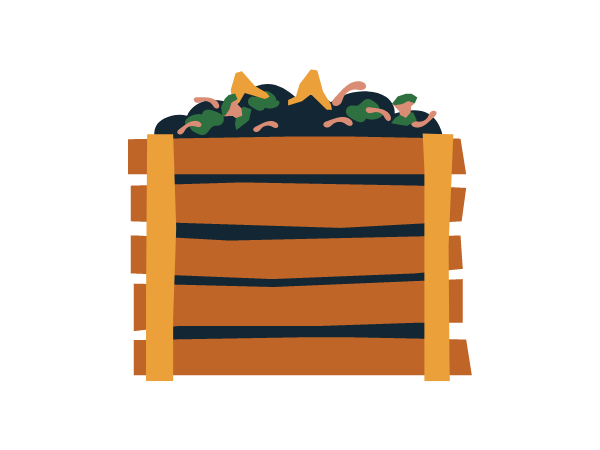As we enter into a new year, it’s common for many of us to reflect on the past 12 months, while making plans for the year ahead. With the cost-of-living crisis, many of us are thinking about what we can do to improve our financial security and lifestyle satisfaction, and this can often go hand-in-hand with sustainability.
Following on from our sustainable Christmas guide, we’ve come up with a list of recommendations on how to transition sustainably from the festive period, into 2023. Thank you to our wonderful volunteer, Jasmine, for putting this piece together.
A sustainable start to the new year
The Christmas wind-down period and New Year’s festivities can leave many of us with excess items and waste to handle, but it can also offer a great opportunity to start the new year sustainably.
Taking down the tree and decorations can inspire a period of reflection, where we consider what to dispose of or keep. Ideally, we should strive to have decorations that last a lifetime, regarding them as heirlooms. However, this may not be to everyone’s taste or budget, so let’s consider alternative methods.
When packing away, take a moment to reflect on the items we have: What can stay? What can be passed on, regifted or repurposed? By asking ourselves that, we open up a dialogue that allows us to reflect on sustainable ways of disposing of or reusing items.

Turn your tree into compost, a wildlife shelter or even potpourri
If you brought a real tree for Christmas, why not try turning it into compost at home? If you don’t have a garden, local organisations will often take your tree to use for their own compost. Be sure to contact them in advance to grab a slot. The Hospice Charity Partnership are currently taking bookings for their Treecycling scheme, turning old Christmas trees in biofuel. Book your slot here.

If you’re fortunate to live near a wildlife sanctuary, prepare the wood from your tree into logs (using thick gloves for protection), which the centre can then use for wildlife shelters. You can also create a haven for wildlife in your own garden.
Additionally, if you like the smell of Christmas trees, and want to savour the Christmas spirit, then bits of the tree can be simmered in a pot of water and dried out to make excellent potpourri!
Crafts with Christmas cards
As we enter January, many of us mull over what to do with Christmas cards. A few simple ideas include saving the front design to use as postcards and decorations, or as craft materials to create present labels for the following year. This is a particularly good idea for cards with glitter on, as they are not recyclable.

For keen readers, cards can also be cut up into strips to make bookmarks. Remember, deciding what to do with old items doesn’t have to be as simple as to ‘keep’ or ‘bin’.
Tackling food waste
Food waste has trended downwards in importance over the past few years, due to the pandemic taking precedent. However, with living costs rising, the issue has re-emerged in discussions. Although we’re not all able to source sustainable ingredients, there are still things we can do to act sustainably around food.

Again, food waste is an excellent source of compost which certain sustainable organisations and green spaces may gladly take from you. Food storage also offers a valuable opportunity to change our habits, including using beeswax instead of clingfilm and glassware instead of plastic containers. Even just buying locally can help reduce your carbon footprint.
Mindful fashion
Often, the festive and New Year celebrations provide ample opportunity to dress up and this can encourage impulsive clothes shopping. Going into the new year, consider the ’20-wear rule’. When you buy something, think whether you see yourself wearing this at least twenty times, to gauge whether it’s worth purchasing.

If you’ve already made a spontaneous purchase, there are still options to ensure that clothes don’t end up in landfill. Selling on can still be done sustainable; set your delivery area to local customers only, and consider providing pickup options to reduce delivery footprint.
Sustainability is a process
As we start a new year, why not take some time to reflect on how to approach our daily activities more sustainably. Recognise that there is a process to our individual sustainable behaviour, it doesn’t have to be about doing everything at all at once, but thinking about what’s realistic for us. Consider what you can do to adopt a more sustainable ethos, and share any tips and tricks with your loved ones – the more, the merrier!